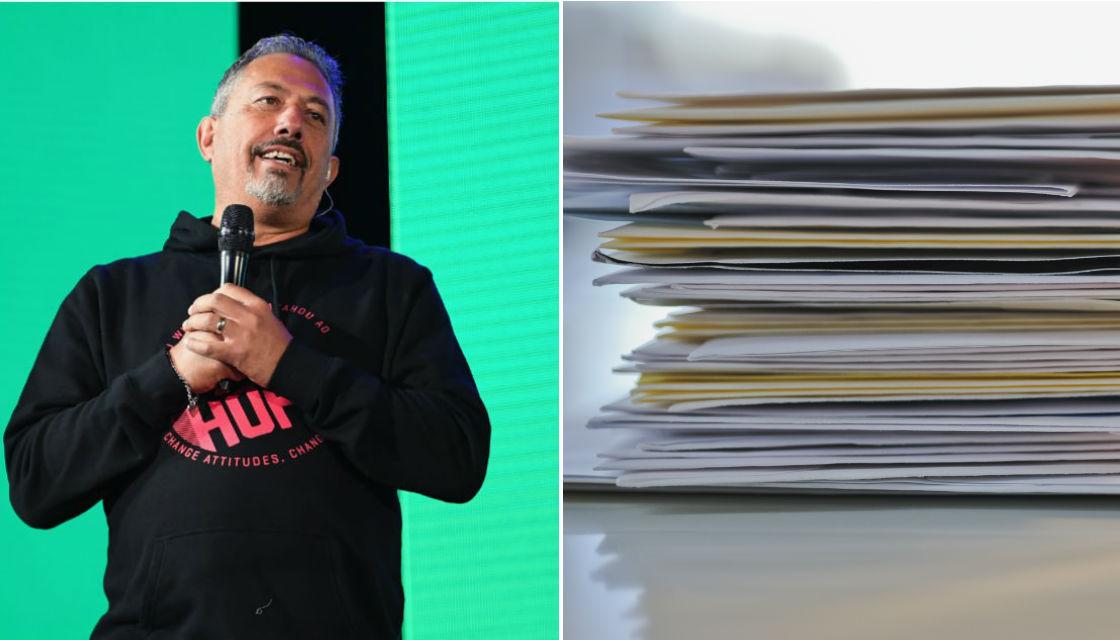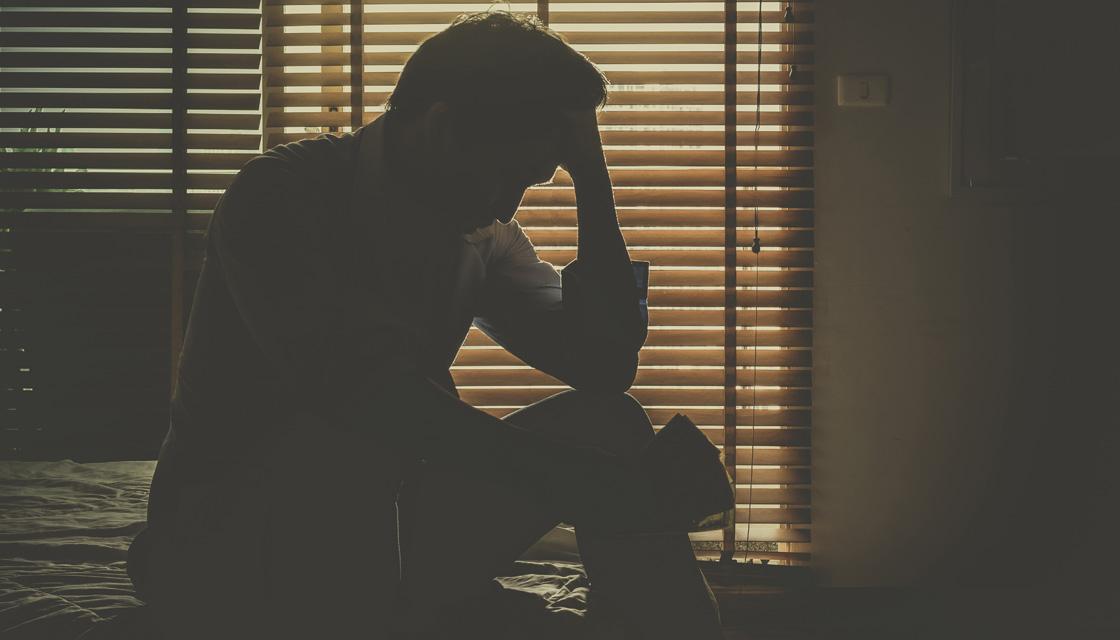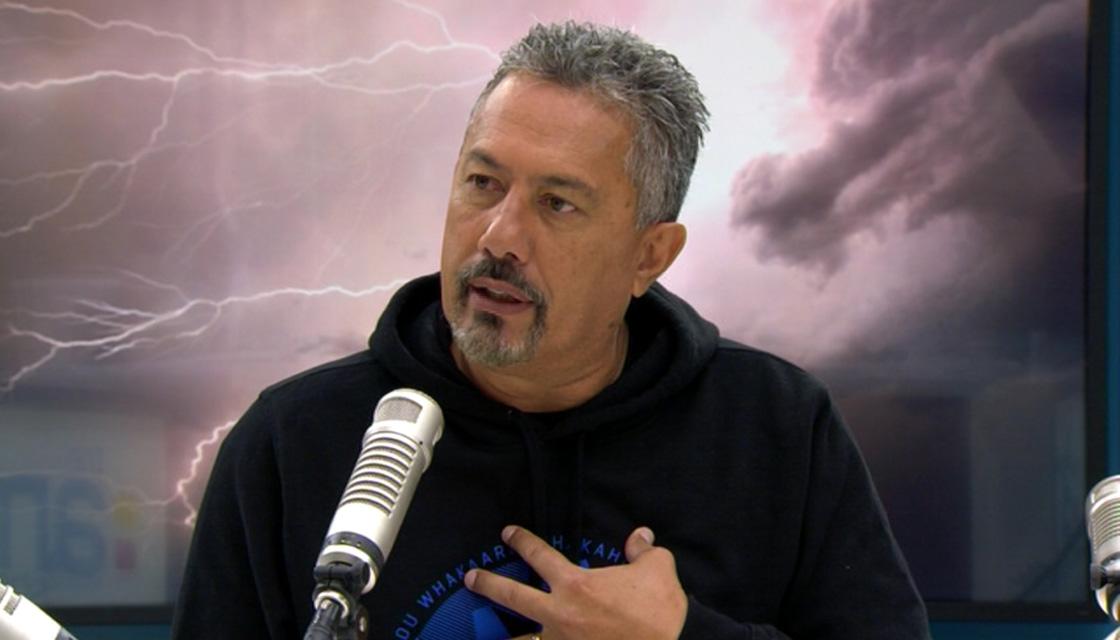
New research on suicide in New Zealand hopes to help understand why people take their own life.
The 1000 Letters report, released by the Key to Life Charitable Trust, collates findings from letters and other communications that were voluntarily submitted by those affected by suicide or suicidal loved ones.
The trust's founder and ambassador Mike King said the report isn't scientific or academic research, rather it's an attempt to understand the people whose final communications were given to the 1000 Letters project and to look for common themes and distil any trends from the materials.
"It is our sincere hope that at least some of the information can be used to better understand suicide in New Zealand and help to identify useful preventative measures," he said.
"The research does not provide a definitive answer, but we hope some clues and themes will emerge that can guide strengthening intervention protocols and suicide prevention efforts in New Zealand."
The report states its key findings are:
- Impulsive suicides were the exception, not the norm. Most people who wrote about their reasons described months, years or decades of issues that contributed to their decision, even if that decision seemed sudden to others.
- Writers knew they were loved and they reciprocated that love, but love wasn't enough. The report said loving relationships and not wanting to hurt others could postpone a suicide, but not necessarily prevent it.
- People often made a deliberate effort to hide the full extent of their inner lives, which made it invisible to those close to them.
- Letter writers saw personal and life circumstances that gave them reasons to live, but they valued them differently. "Having so much to live for is in the eye of the beholder," the report said.
- Very few people said they'd lost hope but instead believed suicide was their "best" or "only realistic" option left.
- People didn't want to die, they just wanted the pain to stop. Many also wanted to stop hurting people they loved and felt their absence would eventually be better for those around them.
- Resources to help those left behind after a suicide were said to be inadequate or even non-existent.

King told Newshub New Zealand is stuck in ideas of 'staying silent' and that suicide is impulsive.
"The overwhelming majority of people knew that they were loved, they were constantly told that there was help out there, and for a lot of those people that added another layer of burden, another layer of guilt," he said.
"Our suicide prevention industry is built around impulsivity, it's an impulsive act, and for an overwhelming majority of the people who wrote these letters, they've had historical problems, whether it was over weeks, months, years, or in some cases decades.
"Early intervention - we could've had a better outcome. A lot of the writers knew that there was better help there but they couldn't access it or couldn't find it."

King also said, "suicide profiling has to go".
"This typical profile of someone who is suicidal, which is withdrawn, they're not listening to their favourite music, is down, is in fact not the natural profile of someone who is suicidal," he said.
"A suicidal person is really, really, really good at wearing their masks, which is why impulsivity, in my opinion, is always pointed at."
He used an example of people attending the funeral of a person who's taken their own life where "everyone says the same thing".
"[They say] 'he was the funniest man in the world, he was always lifting other people up, he was always happy. She was the most caring, loving person in the world'. You never see that in profiles, so again, what our report highlights is how you see me and how I present myself and how I see myself - completely different."
The latest suicide statistics for New Zealand show that for the year ending June 2020, 654 people took their own life - 471 male and 183 female. This is compared to 685 people the previous year.
Where to find help and support:
Shine (domestic violence) - 0508 744 633
Women's Refuge - 0800 733 843 (0800 REFUGE)
Need to Talk? - Call or text 1737
What's Up - 0800 WHATS UP (0800 942 8787)
Lifeline - 0800 543 354 or (09) 5222 999 within Auckland
Youthline - 0800 376 633, text 234, email talk@youthline.co.nz or online chat
Samaritans - 0800 726 666
Depression Helpline - 0800 111 757
Suicide Crisis Helpline - 0508 828 865 (0508 TAUTOKO)
Shakti Community Council - 0800 742 584


